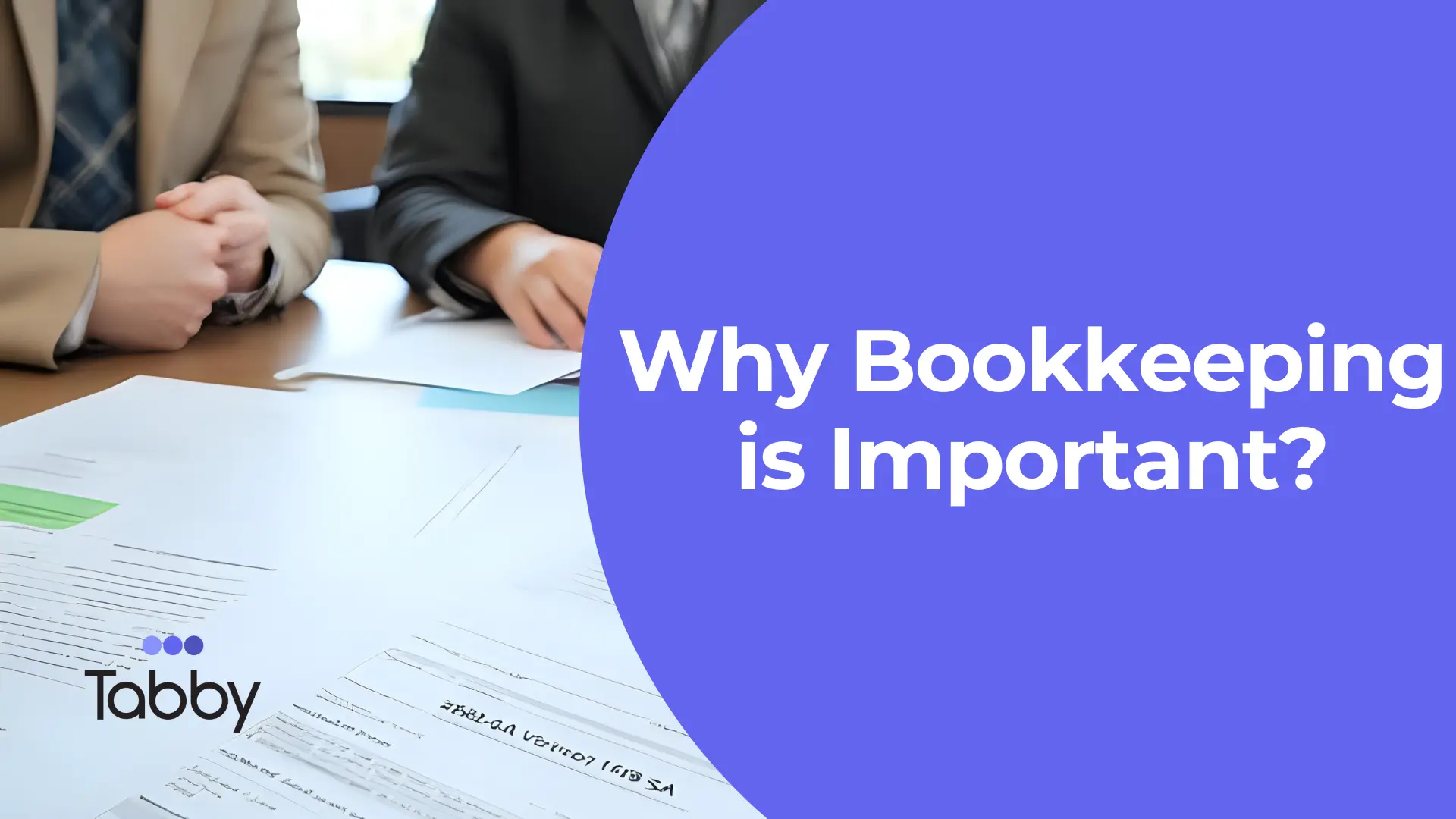- Financial Planning,
- Small Business,
- | May 10, 2025
Why Bookkeeping is Important (Even if You’re a One-Person Business)

Bookkeeping is often seen as something only big businesses need to worry about. But even if you’re a solo entrepreneur, freelancer, or self-employed professional, keeping accurate financial records is just as important.
Effective bookkeeping helps you stay compliant with tax regulations, understand your cash flow, and make smarter business decisions. Here’s why bookkeeping should be a priority, no matter the size of your business.
Why Bookkeeping is Important
1. Helps You Stay Tax-Compliant
One of the biggest reasons to maintain proper bookkeeping is to stay on top of taxes. Tracking income and expenses ensures your tax returns are accurate and helps you avoid penalties.
Without proper records, calculating deductions can be tricky, which can lead to overpaying or underpaying taxes.
How bookkeeping helps:
- Tracks deductible expenses like office supplies, travel, and marketing.
- Ensures accurate tax filings and reduces the risk of audits or penalties.
- Helps you estimate and pay quarterly taxes on time.
2. Provides Clear Financial Insights
Even as a one-person business, you need to know your financial health. Without proper bookkeeping, it’s easy to lose track of expenses, miss unpaid invoices, or miscalculate profits.
Benefits of financial clarity:
- Tracks revenue and expenses accurately.
- Identifies areas where you can cut costs or invest more.
- Gives a clear picture of business growth over time.
3. Simplifies Expense Tracking
Many solo business owners mix personal and business finances, which can make tax season stressful. Good bookkeeping helps separate these transactions, making it easier to manage your money.
Best practices for expense tracking:
- Use separate business and personal bank accounts.
- Keep digital records of all business transactions.
- Automate categorization of expenses with bookkeeping software.
4. Helps You Secure Loans or Investments
If you ever need funding, lenders and investors will want to see financial records. Organized bookkeeping provides proof of income and shows your business is stable.
How bookkeeping supports funding:
- Creates detailed financial statements like profit and loss statements.
- Shows consistent income trends and responsible money management.
- Makes loan or investment applications smoother and faster.
5. Reduces Stress and Saves Time
Handling finances without proper records can be overwhelming, especially as your business grows. Good bookkeeping practices streamline financial management, giving you more time to focus on your work.
Time-saving tips:
- Automate invoice tracking and expense categorization.
- Set a routine for updating records weekly or monthly.
- Use AI-powered bookkeeping tools to reduce manual work.
Even if you’re a solo business owner, bookkeeping is essential. It brings clarity, saves time, and helps your business grow. By implementing simple practices and leveraging automation, you can avoid mistakes and make smarter financial decisions.
Looking for an easier way to manage your books? Try Tabby today. It automates bookkeeping, categorizes expenses, and keeps your finances in check.



